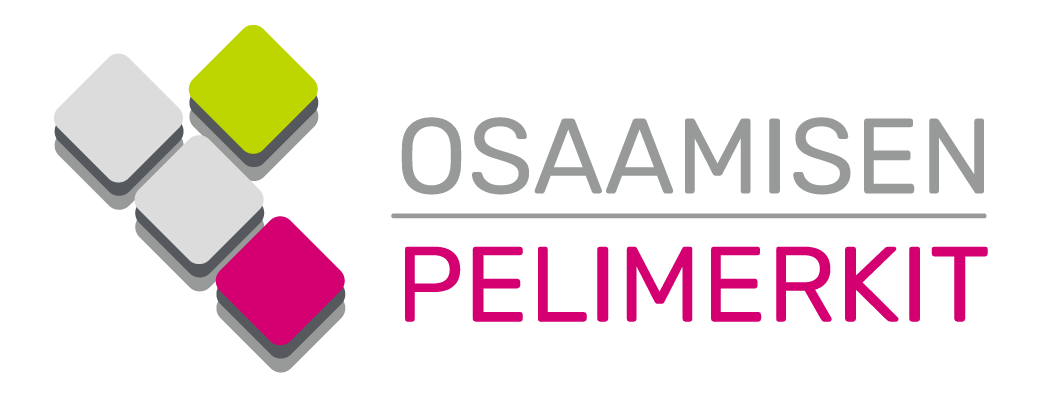Lue artikkeli suomeksi
Game industry is a potential growth area in Finland, and great amount of experts are also trained in the field from college level to higher education in universities. Traditionally, also self-made game developers have come to the field.
The aim of the Chips For Game Skills -project is to bring gaming education and knowledge visible and facilitate transitions from education level to others and further into working life.
“The goal is to show the employers of game industry, that the level of game education is high, and students are able to network already during their studies, both with each other and with the industry. We also notice the gaming industry’s growing diversity of games from serious games to entertainment games and the VR / AR / XR world”, says project manager Saija Heinonen.
During the project, there will be created an open badge system as a tool for recognising informal skills. This will be done in co-operation with the game houses so that coherent set of skills and assessment criteria will be acknowledged based on the real needs of working life. Open badges show the skill level of those who apply to game schools or jobs more clearly than the school diplomas.
“Open badge -system is a relatively new in Finland. It is relatable to the certification system. The certificates are often intended for the business community, when open badge system is aimed at individuals”, Saija Heinonen explains.
The participating schools of the project are Metropolia University of Applied Sciences (leader of the project), Amiedu, Haaga-Helia UAS, Laurea UAS, Oulu UAS and Tampere UAS. They already have good co-operation in the game industry to begin with. Collaboration will be further intensified through the project, whereby various joint game development projects with multidisciplinary teams will be made, including business students and gaming students. In addition, joint education will be organized for example in entrepreneurship and marketing. The schools also organize gaming and networking events.
Multidisciplinary student teams aim at developing games, which will compete first in local events from which the winners will go to the annual national event, Bit1. The concept of these events are developed and established during the project. At events, students can present their games to potential publishers and network with industry and other students. Employers can present themselves for example by offering training or jobs. At the same time, the level of education in the field will be introduced to potential new students as well as to the game industry professionals.
The project started on 1.11.2017 and ends on 31.10.2019. The main financier of the project is Häme ELY Center (ESR) and it is a part of the 6Aika strategy.
Writer: Minna Kilpeläinen, MPhil, MEd, communication specialist, freelance journalist
